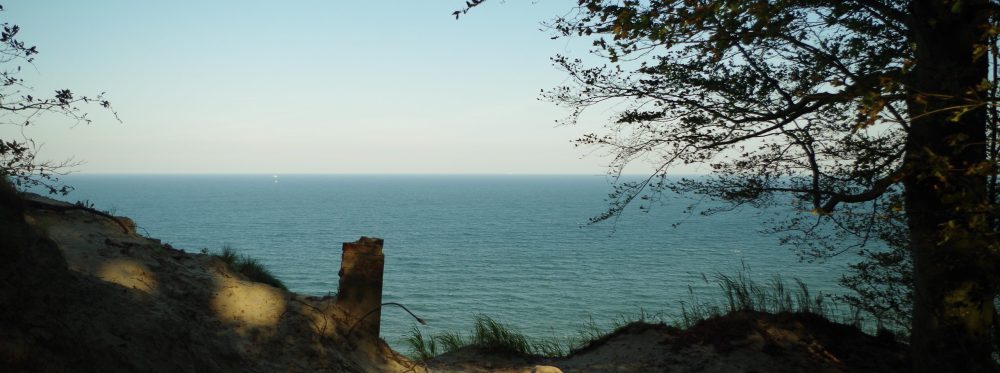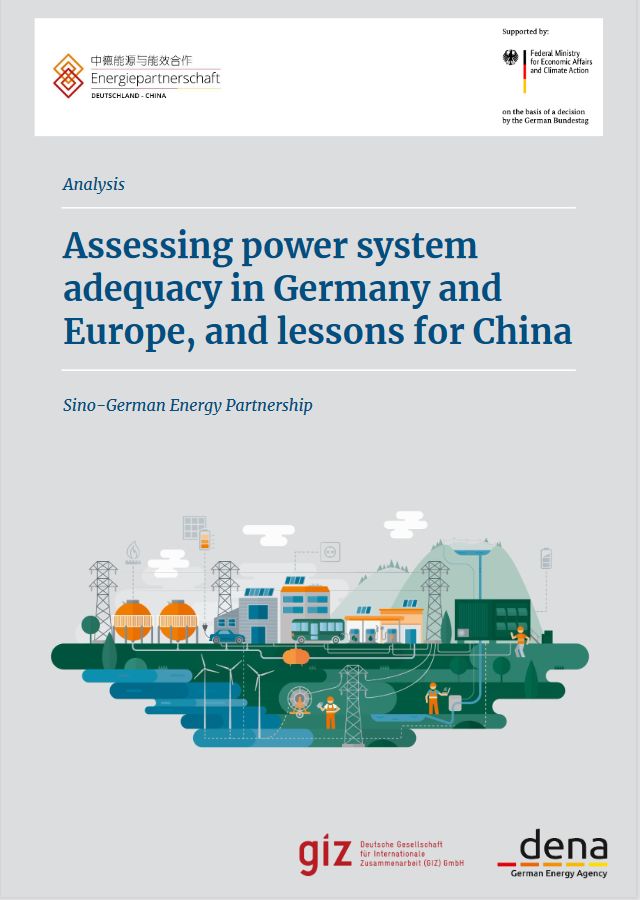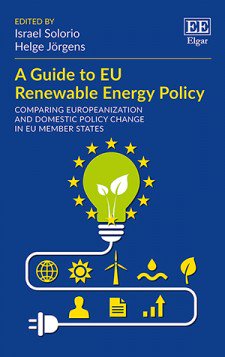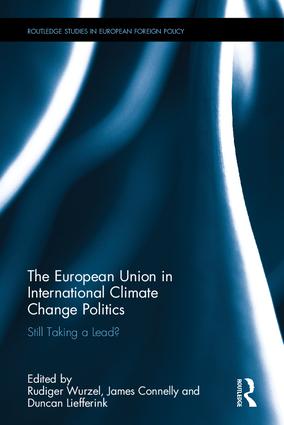Project that I have been developing for the past 3 years – let it be helpful for both countries to enhance mutual understanding and work together towards carbon neutrality! :-)
From the press release of dena on its website:
“Deutsch-Polnische Energieplattform stärkt die europäische Energiewende
Die dena und die polnische Nationale Energieagentur KAPE starten Plattform zur grenzübergreifenden Zusammenarbeit
Die Energieagenturen der beiden Länder werden über die Plattform ihre Expertise bündeln und ihre Netzwerke zusammenschließen. Ziel ist es, zur Verständigung zwischen Polen und Deutschland beizutragen und so einen gemeinsamen Weg zur Klimaneutralität zu gestalten.
Energiegemeinschaften im Fokus
Zunächst liegt der Fokus auf Energiegemeinschaften. Gemeinsam mit Städten, Organisationen und Unternehmen beider Länder fördert die Plattform den Erfahrungsaustausch und entwickelt Projekte. Eine Energiegemeinschaft ist der Zusammenschluss lokaler Akteure zur gemeinsamen Produktion und Verwertung von Energie. Es soll analysiert werden, wie Energiegemeinschaften in beiden Ländern jeweils ausgestaltet sind und wie die Rahmenbedingungen dafür verbessert werden können. Darauf aufbauend wird untersucht, wie eine grenzübergreifende Energieregion funktionieren könnte, die Kommunen, Unternehmen und Bürgerinnen und Bürger auf beiden Seiten der Grenze zusammenbringt.
Über die Webseite www.d-p-plattform.de stellt die Deutsch-Polnische
Energieplattform aktuelle Informationen bereit.



